Most people tend to confuse stress with anxiety and vice versa. But the truth is, these two are not the same things, and in order to understand this better, it’s important to understand their distinctions.
Key Points:
Stress and anxiety can have similar symptoms, but there are several differences to be aware of.
Increasing you self-awareness and understanding your behavioral patterns can help reduce symptoms of stress and anxiety.
Understanding strategies for stress and anxiety allows proactive rather than reactive responses.
I am often asked, “What is the difference between stress and anxiety?” Symptoms can look very similar between the two, but there are several distinctions.
Stress is a common experience that occurs when the tasks at hand are perceived to be more than we can handle. Anxiety is more intense and occurs when stress is not acknowledged or appropriately managed.
Stress
Stress is triggered by external stimuli that can generally be identified. For example, if you are assigned a huge project that needs to be completed by tomorrow, or if you were recently fired and had overdue bills to pay, or perhaps you have to navigate your way through a global pandemic.
When demands appear to be too high, we tend to feel stressed and overwhelmed. Most of us juggle several roles throughout the day and sigh as our to-do lists lengthen right before our eyes. We tend to multitask and believe that we are helping ourselves when, in reality, only creating more stress.
Related: 5 Effective Steps To Stop Feeling Overwhelmed By Life
Symptoms of stress
- Increases irritability
- Disrupts sleep patterns
- Decreases energy levels
- Changes breath and heart rate
- Headaches
- Alters appetite or triggers cravings
- Feel overwhelmed or a sense of urgency
Stress is not typically viewed as a pleasant experience, but the changes that take place in your body are, in fact, supposed to occur. The symptoms of stress are basically your body’s built-in activation system designed to warn or protect you.
Thankfully in this day in age, we are not constantly confronted by predators and need to run for our lives. Like the changes in our breath, temperature, or heart rate, the sensations that we feel are the same as those that our ancestors felt when confronted with danger.
Nowadays, we create or fabricate most of our stress. Thoughts and doubts generate the emotions that we generally categorize as negative or unpleasant.
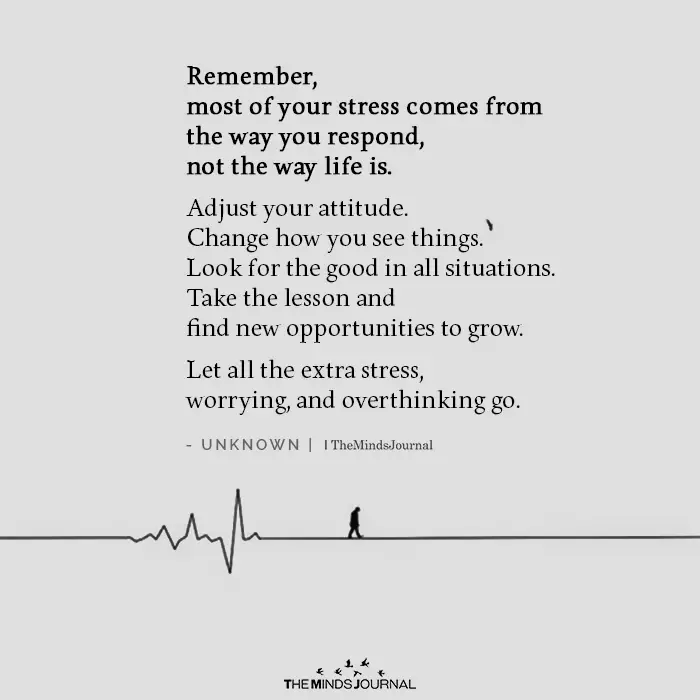
Anxiety
Anxiety is an internal reaction that occurs when stress is not recognized and addressed. Unlike stress, anxiety tends to linger even after the concern has passed. Simply put, stress is like a cold, whereas anxiety is like allergies.
Both can have similar symptoms, but after you fight off a cold, you are symptom-free. Allergies, on the other hand, are something that needs to be consistently monitored. At times, they are quite manageable but can suddenly be triggered and be debilitating.
Symptoms of anxiety
- Feeling nervous, restless, or tense
- Repetitive or racing thoughts that are future-oriented or past-oriented
- Avoidant or easily overwhelmed
- Irritable or impatient
- Inability to concentrate and be present
- Sleep disturbances
- Abdominal pain or appetite changes
- Excessive worry or need to control
- Sweating, breathing rapidly, increased heart rate
People will experience higher stress levels and are more prone to developing anxiety disorders if their basic needs (sleep, diet, and movement) are not prioritized and managed.
For example, it doesn’t make sense to expect your car to function if you are not maintaining it and filling it with gasoline; the same works for you. If you are not taking care of your basic needs, you will not function at a high level.
Related: Emotional Distress: 7 Signs You Are Feeling Mental Strain And What To Do
Basic needs 101
- Drink water
- Get sleep (create a bedtime routine)
- Move every day
- Eat breakfast
- Limit caffeine, sugar, and alcohol
- Make time to connect with others and yourself organically (limit screen time)
Picture a balloon in your belly that expands and contracts. Air filling the balloon symbolizes your stressors, tasks, and any other stimuli that require energy. Similarly, air releases when you rejuvenate, acknowledge your feelings, or take care of yourself.
If you always have a full balloon, you will not have the space or energy to execute long-lasting change. It might therefore be time to reorganize your day by paying closer attention to where your energy goes. Behaviors or thoughts that are not truly benefitting you and encouraging progression should be challenged or eliminated.

Ways to cope with stress
- Breathe deeply and with intention
- Move or exercise
- Go outside
- Listen and move to upbeat, positive music
- Connect with friends and family
- Organize or complete a task from start to finish
- Talk it out or find a therapist to help you process
The trick is to be proactive and not reactive. To make adjustments and manage your stress, you must first increase your level of self-awareness. Begin by identifying your patterns and how you typically respond to things.
Remember, you are only gathering information, and this is NOT making judgments about yourself. Validate where you are, how you feel, and how you function BEFORE making any changes.
- Understand your limits and triggers
- Practice presence and mindfulness techniques
- Check-in with yourself daily
- Pay gratitude
- Identify what your purpose is and what drives you
- Validate your emotions and energy levels
- Challenge negative self-talk
Related: How Healthy Thinking Techniques Can Help You Deal With Your Problems Better
Control and anxiety go hand in hand. The typical human loves control, but in reality, doesn’t have much of it. The brain has difficulty processing unpredictable situations or ones that might result in ‘negative’ emotions. Anxiety is future-based or past-based and therefore prevents us from tapping into the present and maintaining connection.
Begin to understand better your limits and goals: What or who do you live for? When the world presents us with chaos, take a pause, and refocus on what you can control, and practice surrendering the rest.
This is tough stuff, but you are capable of change. Be patient and kind to yourself, and don’t be afraid to ask for support. We are wired for connection and designed to lean on one another from time to time.
Find a starting point and stick with it. You are worth it!
I facilitate 6-week virtual female empowerment groups and will be launching another one in Jan. We will discuss topics such as: Resilience, Imposter Syndrome, Managing Stress and Anxiety, Maintaining Personal/Professional Boundaries, Giving and Receiving Feedback, and Preventing Burnout.
I am a mental wellness consultant and work with companies/organizations to create a culture that supports mental health and increasing productivity and connections within the organization. I have several different packages and am also willing to conduct one-off trainings or Q&As on a variety of topics around managing anxiety, preventing burnout, effective communication, and building resilience.
Written By Leah Marone
Originally Published On Psychology Today
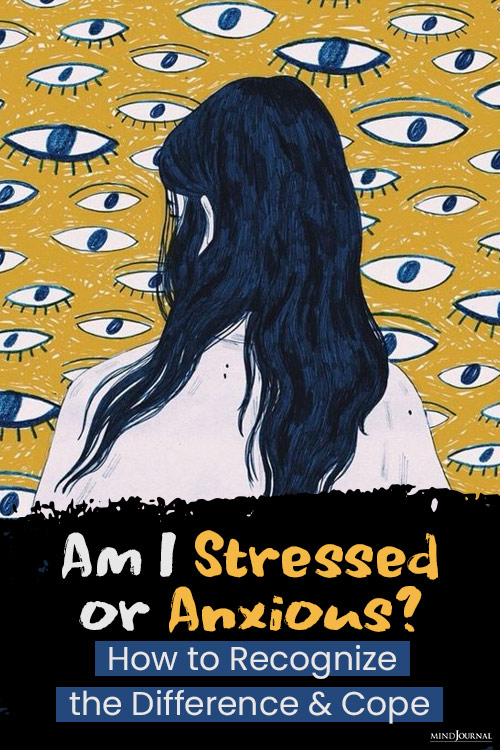
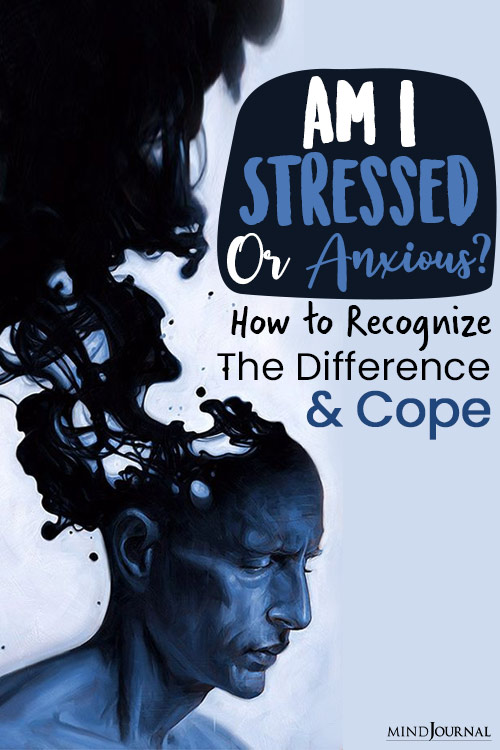
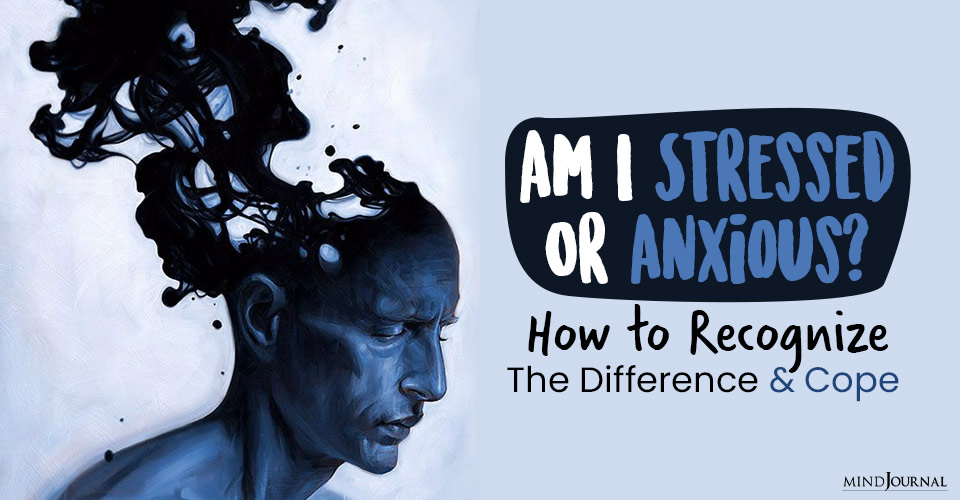

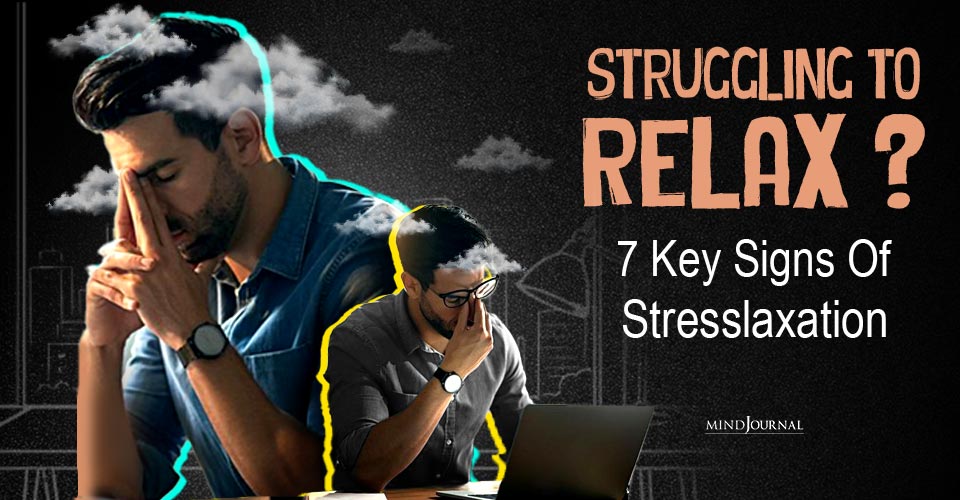

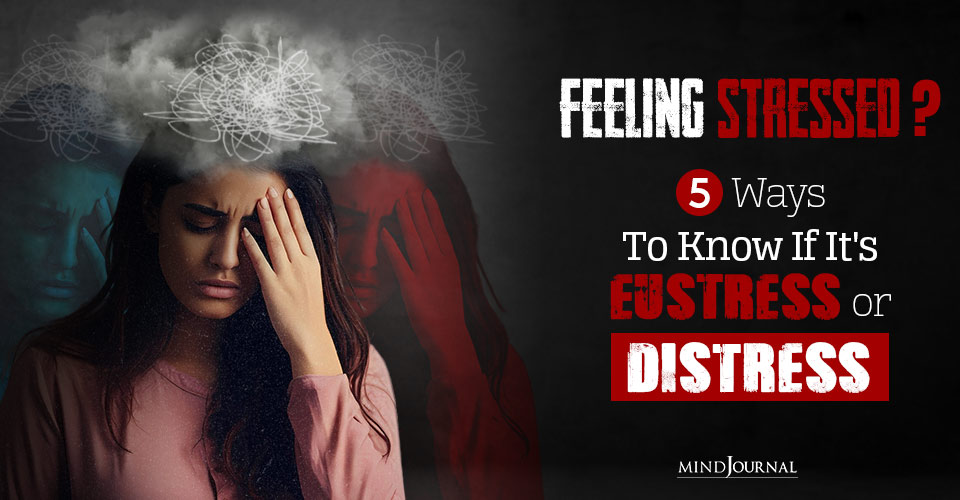
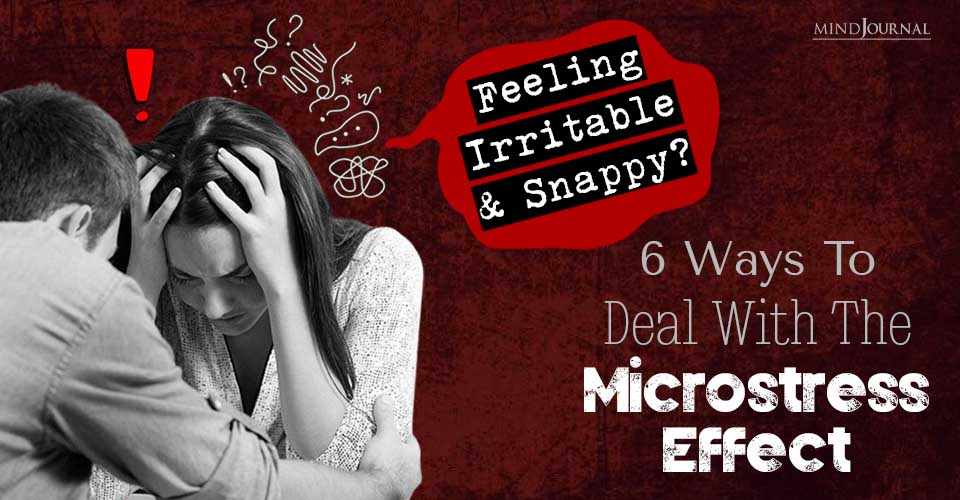


Leave a Reply
You must be logged in to post a comment.